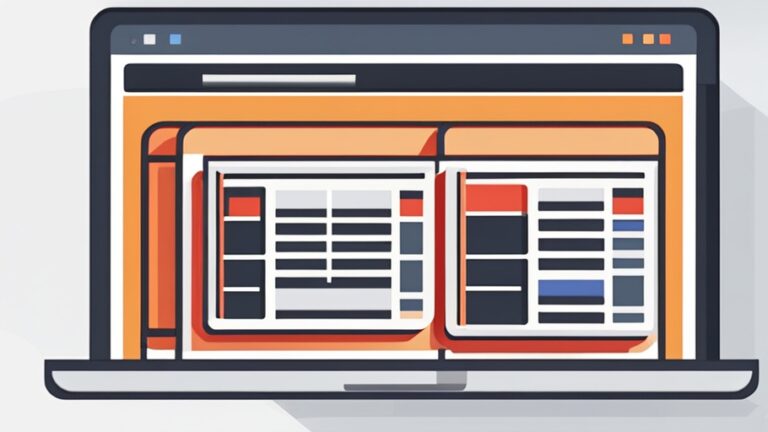Blogger Email List Setup and Benefits – Unlocking the Potential
Setting up an Email List & Why It’s Important for a Blogger
In the fast-paced world of digital marketing, bloggers need to stay ahead of the curve. One of the most effective tools at their disposal is setting up an email list. In this article, we will explore the ins and outs of creating and managing an email list and discuss why it’s crucial for bloggers. Let’s dive right in!
Introduction
The Power of Email Marketing
In the age of social media dominance, email marketing remains a potent tool. With billions of email users worldwide, it offers direct access to your audience’s inbox, making it a personal and effective communication channel.
Benefits of Setting Up an Email List
1. Audience Engagement
An email list allows you to engage with your audience on a deeper level. Subscribers willingly opt in, indicating their interest in your content. This targeted approach fosters meaningful connections.
2. Traffic Generation
Email marketing can drive significant traffic to your blog. By sending newsletters, updates, and curated content, you can redirect readers to your website.
3. Monetization Opportunities
Email lists can be monetized through affiliate marketing, sponsored content, or selling digital products. It’s a valuable asset for bloggers looking to generate income.
4. Content Distribution
Email lists enable efficient content distribution. When you publish a new blog post, a simple email notification can draw readers back to your site.
How to Set Up an Email List
1. Choose an Email Marketing Service
Select a reputable email marketing service like MailChimp, ConvertKit, or AWeber. These platforms provide the necessary tools to manage your list effectively.
2. Create Compelling Opt-in Forms
Design attractive opt-in forms that encourage website visitors to subscribe. Place these forms strategically on your blog.
3. Offer Incentives
Entice visitors with incentives like free e-books, courses, or exclusive access to content. People are more likely to subscribe when they see the value.
4. Segment Your List
Segmentation allows you to categorize subscribers based on their preferences. Send personalized content to each group for higher engagement.
Email Marketing Best Practices
1. Craft Engaging Subject Lines
Subject lines are the first thing subscribers see. Create compelling and relevant subject lines to increase open rates.
2. Content Quality
Consistently provide high-quality content to keep subscribers interested. Share valuable insights, tips, and solutions to their problems.
3. Consistency
Maintain a consistent email schedule to keep your audience engaged. Whether it’s weekly newsletters or monthly updates, stick to a routine.
4. Mobile Optimization
Ensure your emails are mobile-friendly, as many users access their emails on smartphones. Responsive design is crucial for a positive user experience.
Conclusion
Setting up an email list is a game-changer for bloggers. It enhances audience engagement, drives traffic, opens up monetization opportunities, and simplifies content distribution. As a blogger, harnessing the power of email marketing is a smart move.
FAQs
1. Why is an email list important for bloggers?
An email list allows bloggers to engage their audience on a personal level, drive traffic, monetize their content, and distribute new posts efficiently.
2. Which email marketing service is best for bloggers?
Popular options include MailChimp, ConvertKit, and AWeber. The choice depends on your specific needs and budget.
3. How can I encourage more subscribers to join my email list?
Offer incentives, create compelling opt-in forms, and consistently provide valuable content to attract and retain subscribers.
4. What’s the ideal email marketing schedule for bloggers?
The ideal schedule varies but consistency is key. Whether it’s weekly newsletters or monthly updates, maintain a regular communication rhythm.
5. Is mobile optimization essential for email marketing?
Yes, it’s crucial. With many users checking emails on mobile devices, mobile-friendly emails ensure a positive user experience and higher engagement.
